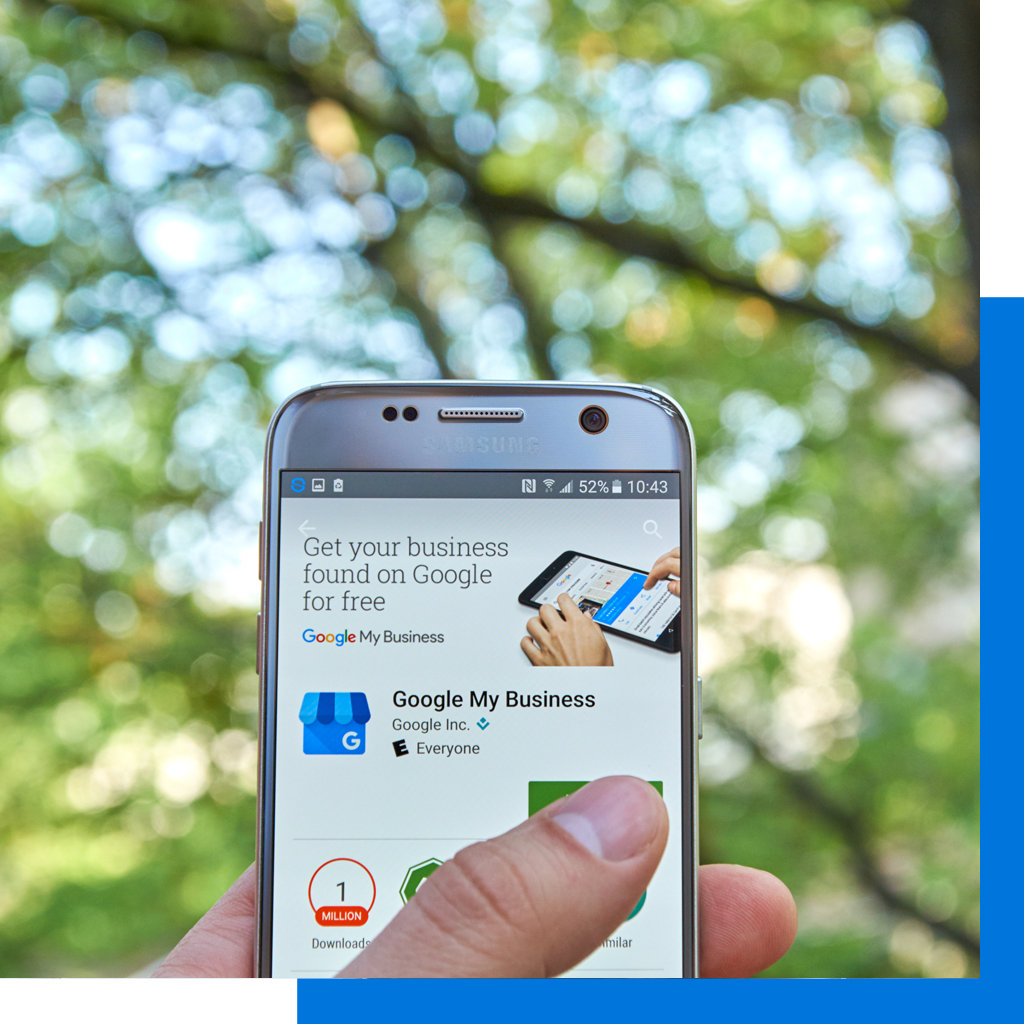
Local listing sites like Google, Yelp, Apple, Facebook, Amazon Alexa and Bing collect information on your business and share it with their users.
The good news: it’s easier for potential customers to find you.
The bad news: you’re not automatically in control of that information.
Why is local listing management important?
When you track down your local listings and actively manage them, you’ll be able to control the information shared about your company. And when you take extra steps to enhance your online profile, you’ll stand out among your competition and attract new customers.
Most sites allow you to claim your business profile and manage it for free. If you can’t find time to monitor your numerous local listings individually, there are subscription services available (like Yext) that let you manage your brand across multiple sites from a single platform.
If you can only find time to manage your profile on one site, we recommend choosing the most popular search engine: Google.
What is “Google My Business” and should I update it?
When a user searches for a product or service on Google, the search engine results page (SERP) displays a list of websites that are related to that query. One major factor that Google considers when ranking listings is user location. That’s why if someone in Toledo, Ohio searches for “pizza,” they’ll see results for restaurants in the Toledo area, not New York City or Chicago.
If a search query relates to local businesses, the SERP may display information pulled from Google’s local listings directory called “Google My Business.” Those profiles can include a variety of company details, including addresses, phone numbers, website and photos. When multiple “Google My Business” profiles show in a Google search, users are viewing a “local pack.”
Google My Business is a free, easy-to-use tool you can use to manage your online profiles across the Google network. Many searchers get all the information they need about your business from that profile, so it’s important that the details are accurate and that you’re taking advantage of all the available features. Keeping your Google My Business profile updated with fresh content also signals to Google that your business is active, which can increase profile visibility.
How do I find which keywords I should be ranking for?
It’s helpful to understand which keywords potential customers are typing into Google to find your business. You’ll also want to know which ideal search terms you’re not ranking for yet so you can start utilizing those words.
There are many online tools available that can provide information on search volume (how many times a particular term is being searched) and competition for certain terms (how difficult it will be to rank).
How can I outrank my competition?
Here are a few best practices to improve your ranking.
Is it really important to respond to all reviews?
Yes! You should respond to both positive and negative reviews. That’s a great way to interact directly with your customers and it signals to Google that your business is credible, which can boost your search engine rankings.
When customers post about negative experiences, learn what went wrong and (hopefully) resolve the issues.
When customers leave positive reviews, thank them for taking the time to share their experience with others.
Want a web team by your side to guide your local listings? We can help.
Share article
© 2022 TouchStone Digital. All Rights Reserved. Privacy Policy. Careers.